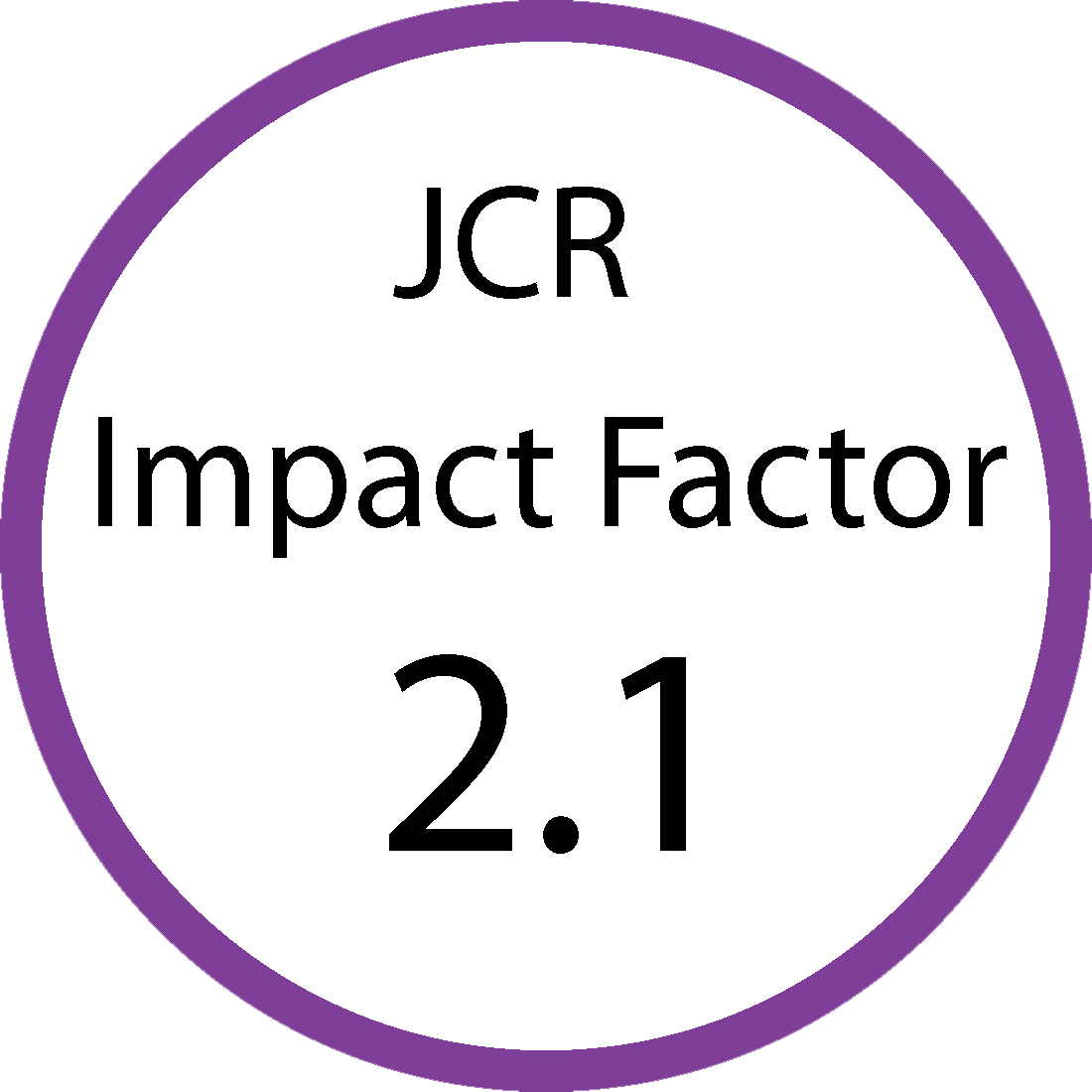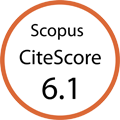Causal Relationships Between Gut Microbiota, Immune Cell and Pancreatic Cancer: A Two-Step, Two-Sample Mendelian Randomization Study
Abstract
Background: Gut microbiota (GM) is associated with both the occurrence and development of pancreatic cancer (PC), and immune cells potentially play a role in this process. This study sought to evaluate the causative effect of GM on PC and to ascertain possible immune cell mediators.
Methods: The study primarily employed a two-step, two-sample Mendelian randomization (MR) analysis to explore the causal relationship between GM and PC within the European population, placing particular emphasis on the application of the inverse variance weighted (IVW) approach. Additionally, mediation analysis was conducted to explore the potential influence of immune cells as mediators.
Results: The MR analysis revealed a significant association between Geminocystis and the risk of PC. Increased abundance of Geminocystis was positively associated with the risk of PC (odds ratio (OR): 2.580, 95% confidence interval (CI): 1.050 - 6.342). The validity of the outcomes was also verified by the sensitivity analysis. The mediation MR analysis showed that the B-cell absolute count served as a partial intermediary in the causal link between Geminocystis and the risk of PC, contributing to 15.321% of the mediating impact.
Conclusion: This MR study demonstrated that Geminocystis has a causal relationship with PC and potentially mediates B-cell absolute count in the TBNK panel.
World J Oncol. 2024;000(000):000-000
doi: https://doi.org/10.14740/wjon1960










